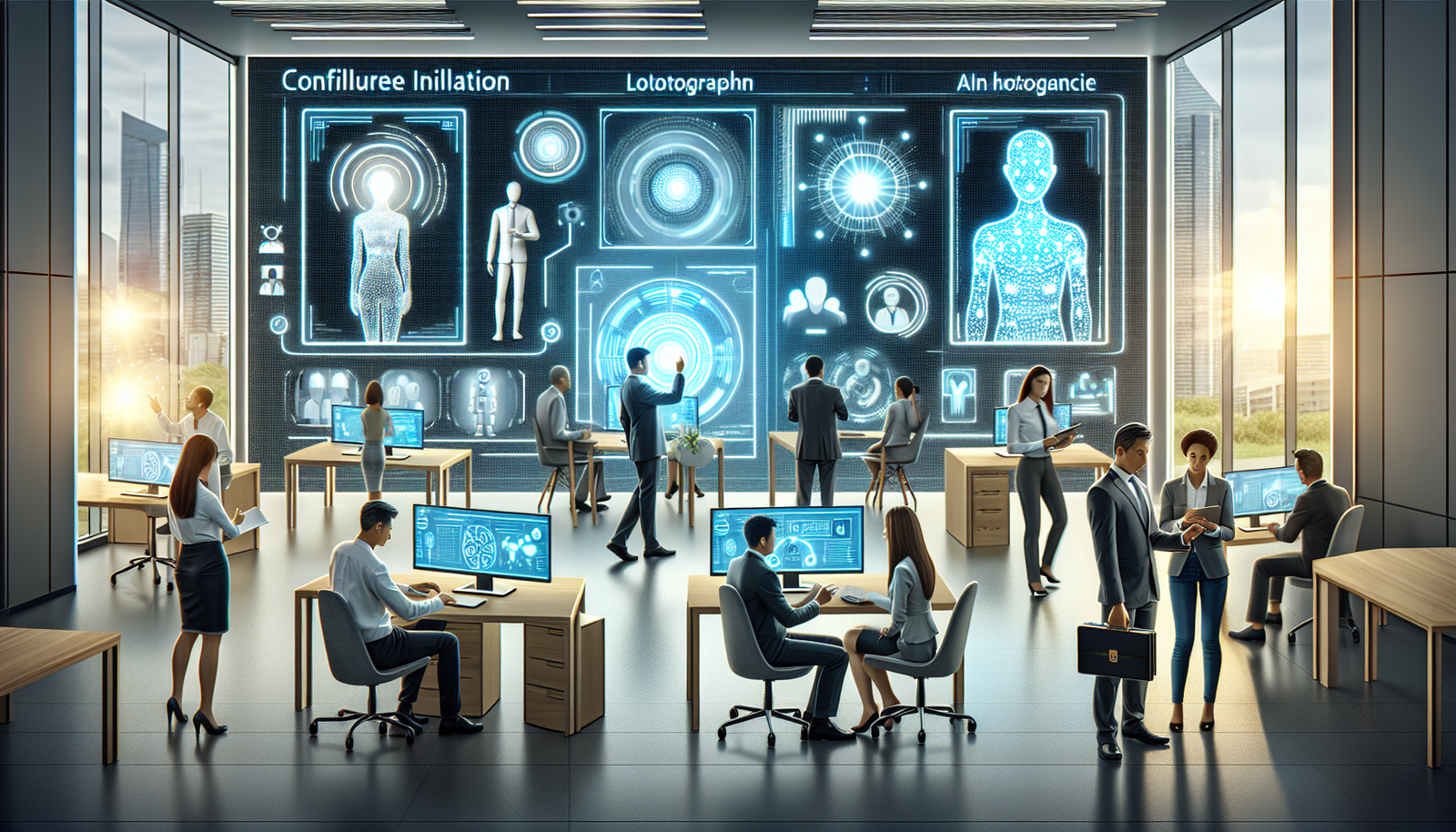In the rapidly growing landscape of new business, artificial intelligence (AI) is emerging as one of the transformative technologies. From automating everyday tasks to providing deep insights through data analytics, AI is reshaping industries and driving innovation at an unprecedented rate. This article explores the multifaceted impact of artificial intelligence on new business processes and presents its benefits, challenges and future perspectives.
Change business processes
Artificial intelligence has revolutionized business processes by automating everyday tasks, increasing efficiency and productivity. In manufacturing, AI-powered robots perform repetitive tasks with precision and speed, reducing human error and labor costs. For example, AI algorithms optimize supply chain management by predicting demand, managing inventory, and identifying inefficiencies, thus ensuring timely delivery and cost savings.
In the realm of customer service, AI-powered chatbots and virtual assistants provide 24/7 support, handling a wide range of queries and freeing up human agents to focus on more complex issues. These AI tools use natural language processing (NLP) to understand and respond to customer inquiries, enhancing customer satisfaction and engagement.
Enhancing Decision-Making
AI’s capability to sift through extensive data and deliver actionable insights is revolutionizing decision-making processes across various industries. Companies are utilizing AI-driven analytics to gain a competitive advantage. For instance, AI algorithms assess market trends, consumer behavior, and sales data to offer strategic advice on marketing tactics, product innovation, and pricing strategies.
In the financial sector, AI is employed to evaluate credit risk, detect fraudulent activities, and enhance investment portfolios. By analyzing historical data and identifying patterns, AI models forecast market trends and inform investment strategies, resulting in improved financial performance. In healthcare, AI supports the diagnosis of diseases, forecasts patient outcomes, and tailors treatment plans, ultimately boosting patient care and reducing expenses.
Driving Innovation
AI is a catalyst for innovation, enabling businesses to develop new products, services, and business models. In the automotive industry, artificial intelligence is moving forward in self-driving cars that have the potential to revolutionize transportation. Companies like Tesla and Waymo are using artificial intelligence to develop self-driving cars that can navigate complex environments and increase safety and efficiency.
AI is also changing marketing through personalized shopping experiences. E-commerce giants like Amazon use artificial intelligence algorithms to recommend products based on customer browsing and purchase history. This level of personalization increases customer satisfaction and increases sales. In addition, AI-powered software and delivery systems ensure faster and more accurate order fulfillment and improve the customer experience.
Challenges and ethical considerations
Despite the many benefits, the integration of artificial intelligence in business comes with challenges and ethical considerations. One of the biggest concerns is job displacement due to automation. While AI can increase efficiency, it can also pose threats to jobs that involve routine and repetitive tasks. Businesses must overcome this challenge by training and developing their workforce to ensure that employees can adapt to new tasks that require human creativity and problem solving.
Another major challenge is data security and privacy. Artificial intelligence systems rely on large amounts of data to function effectively, and are concerned with collecting, storing and using that data. Companies must implement strong data protection measures to protect sensitive information and comply with laws such as the General Data Protection Regulation (GDPR).
Ethical considerations play an important role in the application of knowledge. Fraud in artificial intelligence algorithms can lead to inaccurate and misleading results. For example, biased AI models in hiring practices may perpetuate gender and racial differences. Companies must ensure that their AI systems are transparent, fair and accountable. This includes regularly reviewing AI algorithms, correcting assumptions, and involving different groups in AI development.
The Future of Artificial Intelligence in Business
The future of AI in business is promising, and as it continues to progress it will bring more changes. One of the key trends is the integration of artificial intelligence with other new technologies such as the Internet of Things (IoT), blockchain and 5G. This combination creates intelligent ecosystems of communication and device collaboration, increasing efficiency and innovation.
AI is expected to play an important role in sustainable development. Companies use artificial intelligence to optimize energy consumption, reduce waste and develop sustainable products. For example, AI-enabled systems monitor and manage energy consumption in real time and identify areas for energy savings. In agriculture, AI-based technologies optimize irrigation, monitor crop health and predict yields, promoting sustainable farming practices.
In addition, the democratization of artificial intelligence is planned to strengthen small and medium-sized enterprises (SMEs). Advances in AI tools and platforms make it more accessible and affordable, allowing small and medium-sized businesses to reap its benefits. This democracy encourages innovation and competition across industries and promotes an inclusive business environment.
Conclusion
AI is revolutionizing new business processes, increasing efficiency, innovation and competitive advantage. From automating daily tasks to providing deep insights through data analytics, AI is transforming industries and allowing businesses to thrive in a rapidly changing landscape. However, the introduction of artificial intelligence also involves challenges and ethical considerations that businesses need to make in order to use this technology appropriately.
As AI continues to develop, its integration with other emerging technologies and its role in sustainability efforts will increase the impact on business. The democratization of AI gives companies of all sizes the opportunity to profit and increase innovation and competitiveness. In this era of rapid technological change, businesses that embrace AI and rise to its challenges are best positioned to succeed and lead the 21st century..










